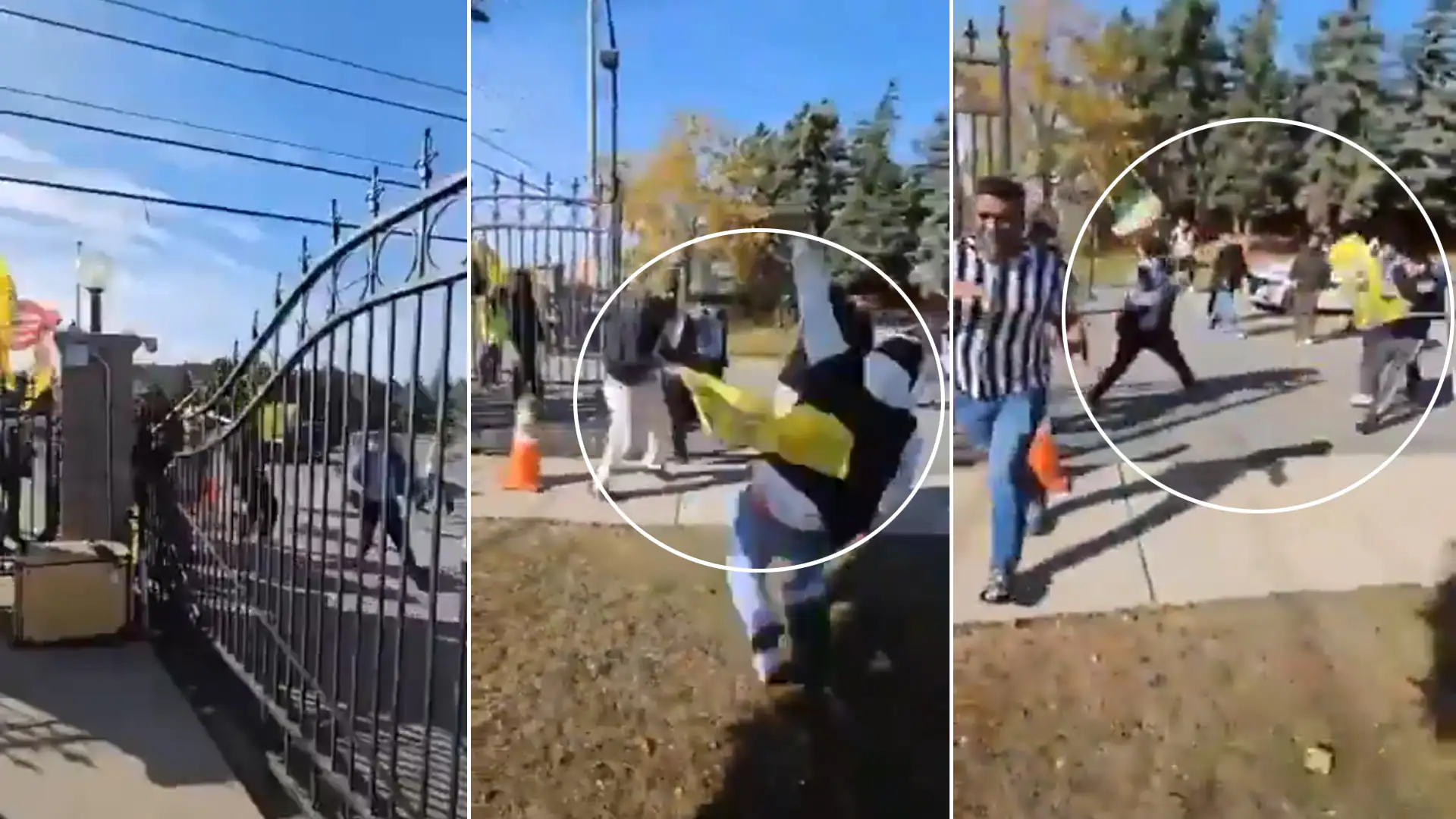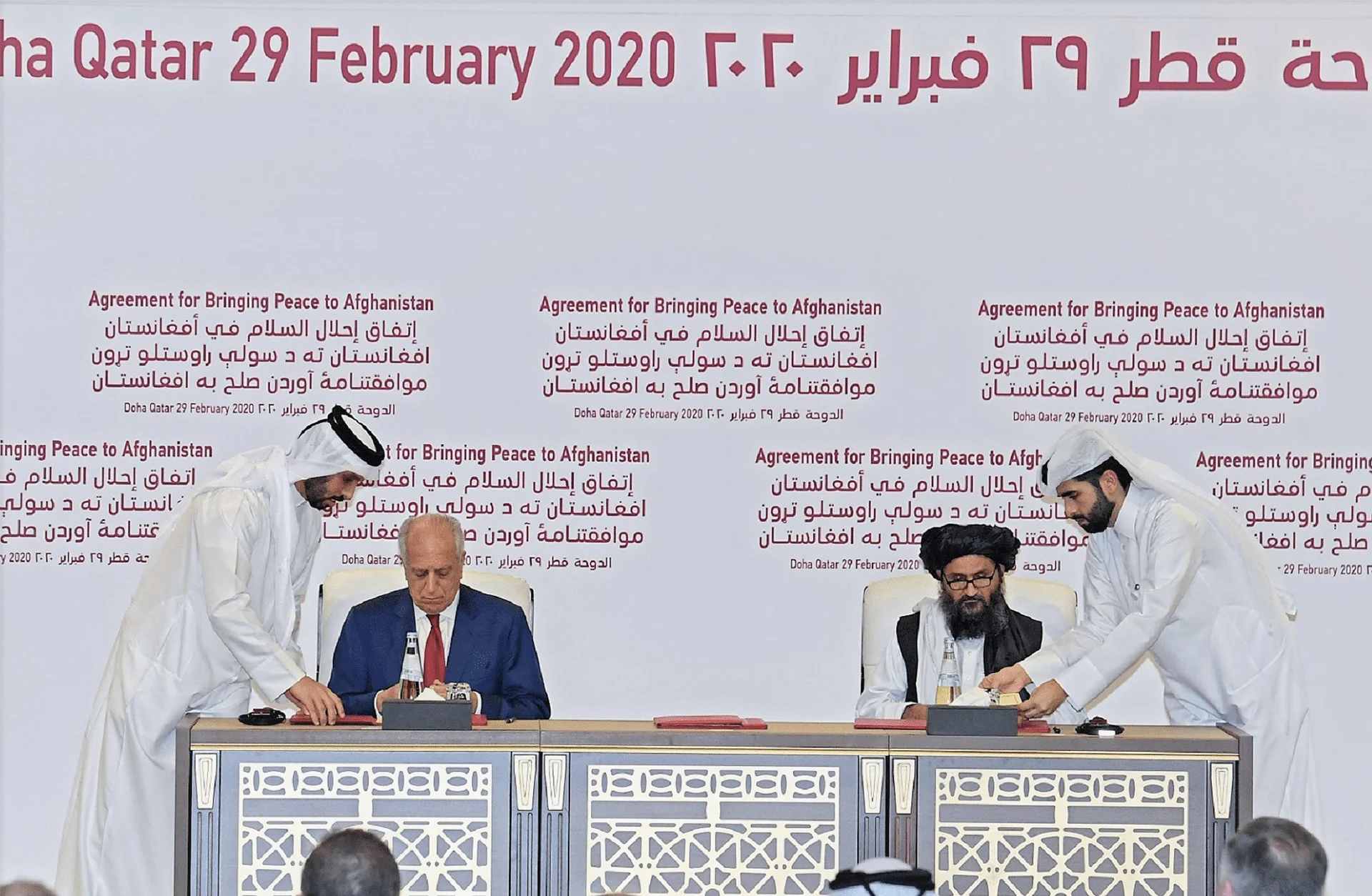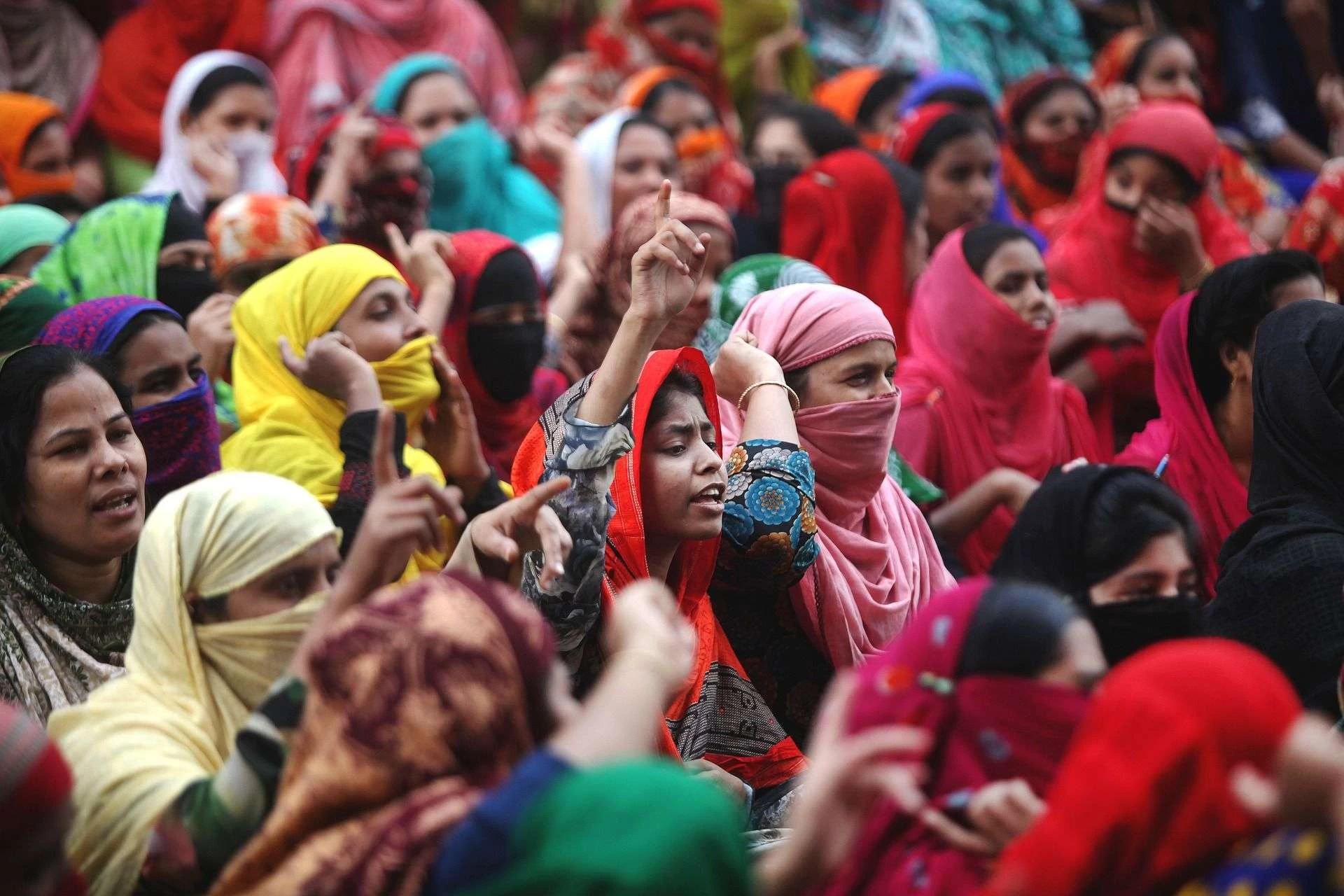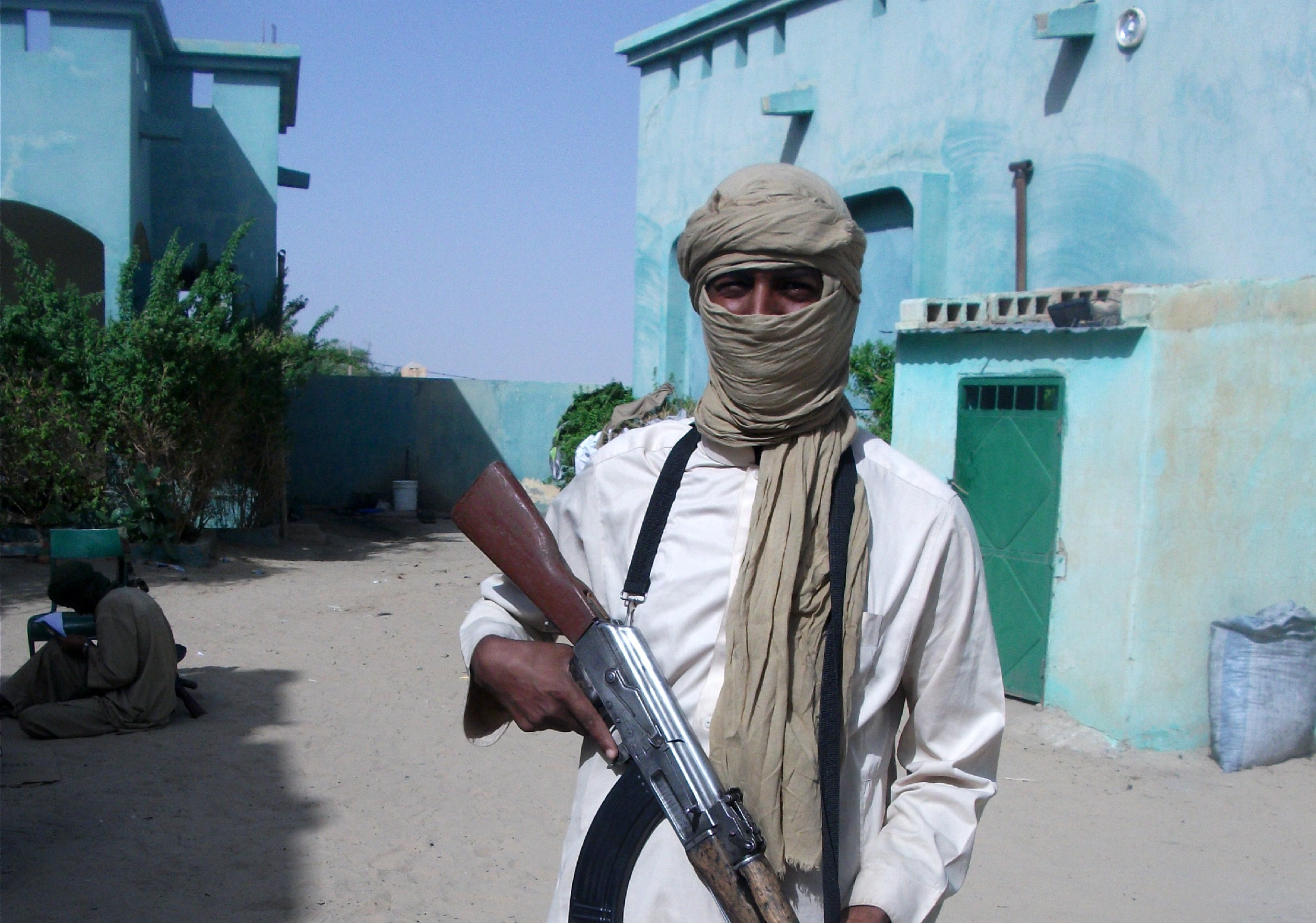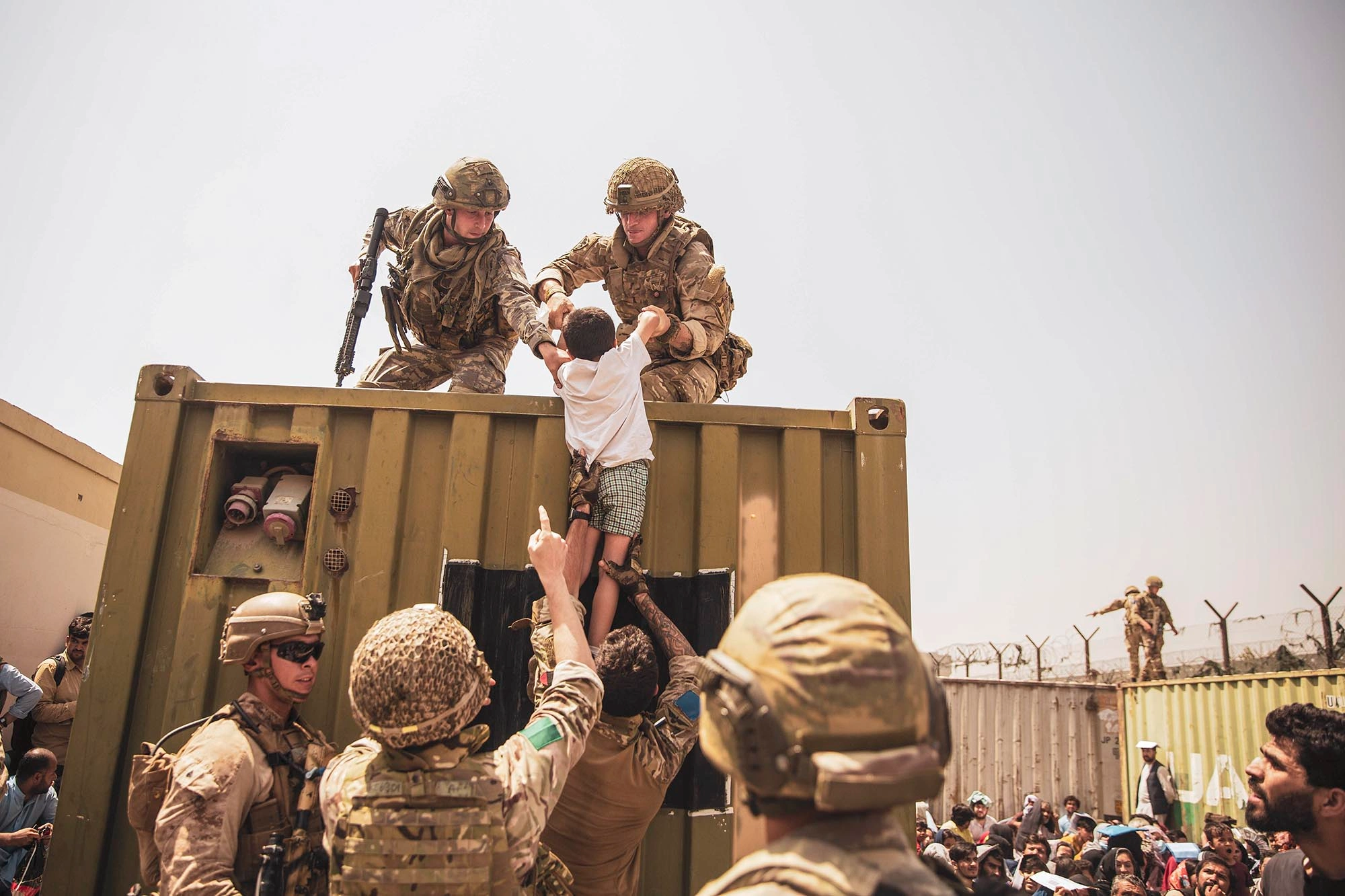New Delhi: Shortly after a violent attack on a Hindu temple in Canada’s Brampton, the Indian High Commission in Ottawa expressed its deep disturbance. The High Commission is troubled by the disruptions allowed during routine consular work. This disruption occurred while officials were holding a consular camp near the temple.
The remarks occur amid diplomatic tension between India and Canada. Canadian Prime Minister Justin Trudeau sparked this tension with his allegations of New Delhi’s involvement in the assassination of Khalistani terrorist Hardeep Singh Nijjar. India has dismissed these charges.
“In previous years, the High Commission of India in Ottawa and the Consulates General of India in Vancouver and Toronto have organized and planned consular camps during this period. These camps aim to benefit and assist local life certificate beneficiaries, both Canadian and Indian. Due to the prevailing security situation in Canada, the Indian authorities requested strong security measures from Canadian authorities well in advance. This request was made for these routine consular events,” the High Commission stated in a message shared on X.
Disruption by Anti-India Elements
“We witnessed violent disruption today (Nov 3) orchestrated by anti-India elements outside the consular camp. The Hindu Sabha Mandir in Brampton, near Toronto, co-organized this camp. It is deeply disappointing to see authorities allow such disruptions during routine consular work. Our Consulates organized this work with full cooperation from local co-organizers. We also remain very concerned for the safety of applicants, including Indian nationals. These applicants requested these events in the first place,” it added.
“Despite these efforts by anti India elements, our Consulate was able to issue more than 1000 life certificates to the Indian and Canadian applicants. There were also attempts to disrupt similar camps held in Vancouver and Surrey on Nov 2-3,” the High Commission said.
It added that in light of these incidents and with Indian diplomats receiving threats, the organisation of more scheduled consular camps would depend on security arrangements by local authorities
“If any consular camp becomes infeasible due to such disruptions, we will make alternative arrangements. These arrangements will ensure that we can provide those services. However, this may unfortunately inconvenience local users,” the High Commission said.
Also See: Rising Cyber Threats Amid Canada-India Diplomatic Dispute
Khalistani Extremism Alleged in Violent Attack
Some Indian-Canadian leaders, including MP Chandra Arya, have alleged that Khalistani extremists were behind the violence at the Hindu Sabha Mandir temple. Some videos that went viral show a group of men attacking devotees at the temple. Peel Regional Police spokespersons informed AFP that officers had not made any arrests.
Mr. Arya stated that Canadian Khalistani extremists crossed a “red line” today. “The attack by Khalistanis on the Hindu-Canadian devotees inside the premises of the Hindu Sabha temple in Brampton shows how deep and brazen Khalistani violent extremism has become in Canada.”
The Canadian Prime Minister has responded to the attack on the temple, describing it as “unacceptable”. “The acts of violence at the Hindu Sabha Mandir in Brampton today are unacceptable. Every Canadian has the right to practice their faith freely and safely. Thank you to the Peel Regional Police for swiftly responding to protect the community and investigate this incident,” Trudeau said in a post on X.
This news is sourced from NDTV and is intended for informational purposes only.

